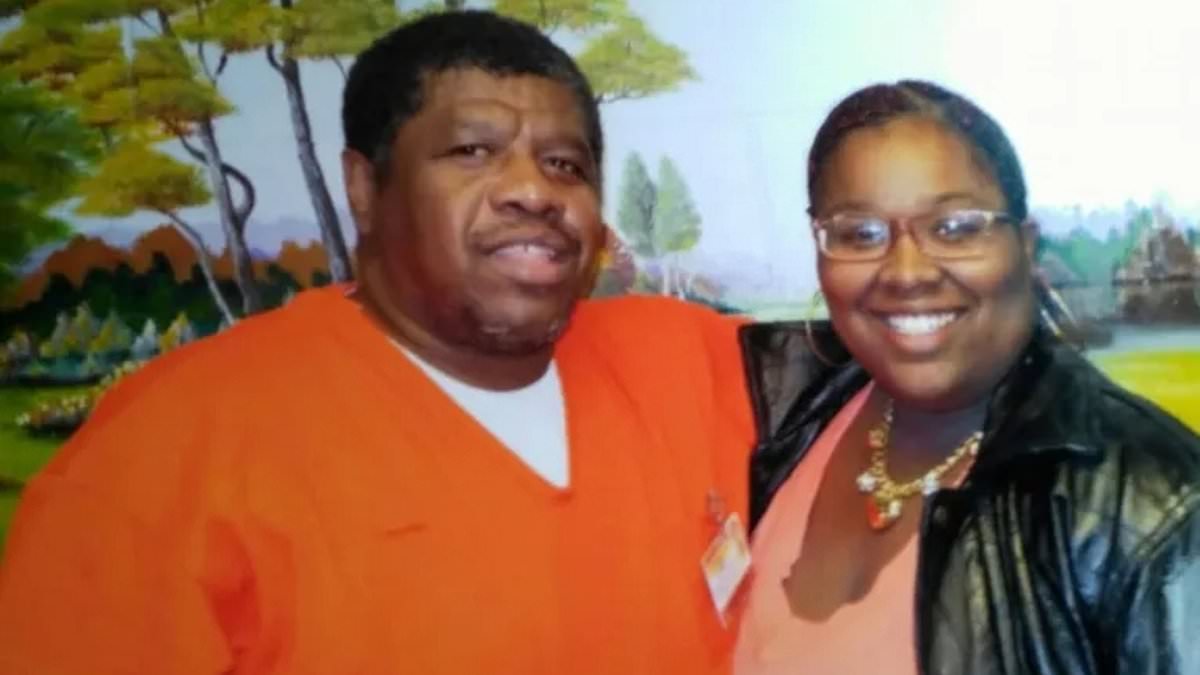
In a significant and emotionally charged case, Curtis Windom, a 59-year-old man, was executed in Florida for the tragic murders of his girlfriend, her mother, and another man in 1992. This somber event raises critical conversations about the death penalty and its broader implications in society. As states navigate the complexities of capital punishment, the Windom case shines a poignant light on the human stories behind such legal decisions.
The Tragic Background
On November 7, 1992, Windom fatally shot Johnnie Lee, Valerie Davis, and Mary Lubin in a series of violent incidents that stemmed from a $2,000 debt he claimed Lee owed him. The consequences of Windom’s actions have reverberated through the lives of the victims’ families and the community, prompting discussions about forgiveness, justice, and the moral implications of the death penalty.
A Daughter’s Plea for Forgiveness
Despite the heinous crimes committed by her father, Curtisia Windom, the daughter of Valerie Davis, has publicly expressed her forgiveness toward him and campaigned against his execution, highlighting a complex emotional landscape. “If we could forgive him, I don’t see why others who haven’t been through our pain have a right to say he should die,” she stated in a heartfelt plea during his final moments, which amplifies the ongoing discourse about capital punishment and its impact on families.
Community Response and Ongoing Dialogue
The execution of Curtis Windom marks Florida’s 11th execution this year, highlighting the state’s prominent role in the death penalty discourse in the U.S. As advocacy groups rally for reform concerning capital punishment, the stories of those affected — including the victim’s family members — serve as powerful narratives that shape public opinion.
Constitutional and Ethical Considerations
Numerous appeals were made to stop Windom’s execution, citing mental health issues that were allegedly overlooked during his trial. The U.S. Supreme Court’s rejection of his final appeal adds to the debate over mental health as a mitigating factor in capital cases and raises essential questions about justice in the legal system.
As this case unfolds in the public eye, it becomes crucial for individuals to engage in discussions about the ethical implications of the death penalty, the importance of mental health consideration in legal proceedings, and the societal responsibility we hold towards resolving such critical issues.
For a Deeper Understanding
For those looking to explore the psychological aspects of forgiveness and mental health further, this comprehensive guide on forgiveness may provide valuable insights into navigating personal and societal trauma.



